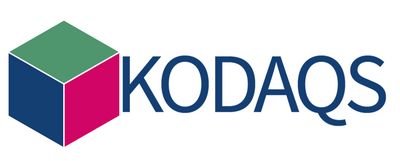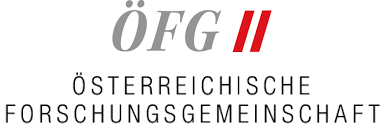Announcement
Dear Researchers and Practitioners in Computational Social Science (CSS),
We invite you to our upcoming conference on Democracy at Risk? Societal Challenges, Data, and Research Infrastructures in the Age of CSS in Vienna, organized by Complexity Science Hub and Central European University. This two-day, in-person conference is part of an annual event series that connects Computational Social Science (CSS) scholars from the German-speaking region (Austria, Germany, and Switzerland). As an interdisciplinary event, it addresses researchers from a range of disciplines, including sociology, political science, computer science, communication, economics, digital humanities, and data science. The conference provides a platform for networking, professional development, and the exchange of ideas in CSS.
This year’s event will focus on CSS and threats to democracy. Around the world, democracies are increasingly under pressure from both domestic and foreign actors. CSS offers valuable tools to study these developments — for instance, by enabling access to new data sources to investigate digital disinformation or by identifying anti-authoritarian campaigns through network analysis. However, the field itself also faces challenges, including limited access to critical data and growing dependence on opaque tools and infrastructures controlled by big tech companies.
The conference will address both methodological and practical questions related to studying (digital) democracy using CSS, including (but not limited to) the following questions:
- Using CSS to study (threats to) democracy (e.g., theoretical and empirical work on identifying digital campaigns via network analysis; the role of big tech in shaping public opinion; studying the erosion of and improving the resilience of democratic institutions and discourses; using digital trace data to understand citizens’ exposure to political content)
- Obstacles to the analytical potential of CSS (e.g., the impact of insufficient data access and methodological limitations on early-career researchers; risks posed by black-box generative AI tools; legal issues in CSS; disparities in access to computational infrastructure; platform governance and transparency)
- Advancing the independence of CSS data access, tools, and infrastructures (e.g., developing tools for accessing new data sources; promoting open-source alternatives; creating infrastructures independent of big tech; implementing regulatory frameworks like the Digital Services Act or the AI Act; tackling legal ambiguities and researcher risks; supporting CSS researchers)
What to expect
- Invited Talks: Hear from leading scholars who will share insights on conceptual challenges, methodologies, and empirical applications in CSS.
- Panel Discussion: Engage in a discussion with experts and peers on current and future trends related to CSS and democracy.
- Early Career Poster Session: Are you an early career CSS researcher? Present your research with a short talk and a poster (details to follow)!
- Networking Opportunities: Connect with fellow researchers and professionals to build a robust CSS community in the DACH area.
Who Should Attend? This event is for academics, researchers, and professionals involved in CSS or interested in applying computational methods in social science research. Whether you are an experienced scholar or a young researcher in this field, your contributions and participation will be highly valued.
Note: As the conference features invited talks and sessions aimed at academic exchange, you do not have to submit your research to participate (unless you want to present in the early career track).
We look forward to welcoming you to an engaging and inspiring event!
Call for Early Career Researcher Contributions
We invite early career researchers (Master students, PhD students or PostDocs) to submit and present their CSS-related work at the DACH-CSS conference. Please submit an abstract of up to 300 words to workshop@computational-social-science.org by February 20, 2026. Another way to submit your work is by uploading the abstract during the registration process. Accepted contributors will give a short lightning talk (3 minutes) and present their work in greater detail during the poster session. We offer a limited amount of presentation slots, and submissions will be selected based on fit with CSS and this year’s conference theme, as well as the originality and quality of the work. Acceptance notifications will be sent out in March 2026. Please note that you will still have to buy a regular conference ticket.
As part of the event, we will confer a CSS Early Career Researcher Award (worth 500 EUR). All accepted submissions are automatically eligible. In addition to the conference’s core theme, Democracy at Risk? Societal Challenges, Data, and Research Infrastructures in the Age of CSS, we welcome submissions on topics including, but not limited to:
- Best-practice applications of computational methods/big data to (complex) social science research questions
- Work that combines established social science theories with digital data or/and computational methods
- Empirical results and research designs from ongoing or completed CSS projects
- Theoretical and conceptual challenges in CSS
- CSS methodological innovations; including mixed-methods approaches
- Data linkage applications and methods for enriching large-scale or online data sources
Please note that submission acceptance and conference registration are handled seperately. You are welcome to attend the conference regardless of whether your submission was accepted. If your submission was accepted, you will still need to register for the conference.
Conference Registration
The conference welcomes researchers from all career levels to partake in discussing directions of CSS research and networking with other CSS scholars. Slots will be allocated on a first-come, first-served basis.
Register for the conference using the form hosted by the Complexity Science Hub at:
https://csh.ac.at/events/computational-social-science-dach-chapter-conference-democracy-at-risk-societal-challenges-data-and-research-infrastructures-in-the-age-of-css/
Program
Last updated: 2026-01-18
Day 1: Thursday, May 21
12:00 – 12:45
Arrival incl. light lunch, snacks, coffee, drinks
12:45 – 13:00
Welcome address
13:00 – 14:00 | Keynote #1
- The Complex Power of Online Platforms
Philipp Lorenz-Spreen, TU Dresden / ARC, MPI for Human Development
14:00 – 14:30
Coffee Break
14:30 – 15:30 | Invited Talks
- TBA
Katrin Weller, Heinrich-Heine University / GESIS - Leibniz Institute for the Social Sciences
- Linking Survey and Social Media Data to Study Misinformation and Political Polarization
Elisa Omodei, Central European University
15:30 – 16:00
Short Break
16:00 – 16:30 | Invited Talk
- Description and Explanation in Ever Transforming Information Environments
Lisa Oswald, MPI for Human Development
16:30 – 18:00 | Panel Discussion
- Digital Crises, Resilience and Sovereignity
Michael Strassnig, Vienna Science and Technology Fund (WWTF)
Erich Prem, TU Vienna / eutema GmbH
Katrin Weller, Heinrich-Heine University / GESIS - Leibniz Institute for the Social Sciences
Philipp Lorenz-Spreen, TU Dresden / ARC, MPI for Human Development
Moderation: Nikolitsa Grigoropoulou
19:30 – open end
Networking, Dinner, Drinks
Day 2: Friday, May 22
before 9:00
Possibility to grab a coffee
9:00 – 10:00 | Keynote #2
- Democracy without Difference? Language Models and Interpretive Variance
Laura K. Nelson, University of British Columbia
10:00 – 10:30
Coffee Break
10:30 – 11:00 | Invited Talk
- Best Practices for Source-Based Research on Misinformation and News Trustworthiness
Jana Lasser, University of Graz
11:00 – 11:30
Lightning Talks #1
11:30 – 11:45
Short Break
11:45 – 12:15
Lightning Talks #2
12:15 – 13:45
Poster Session and Lunch
13:45 – 14:45 | Invited Talks
- Social Inequalities Through the Lens of Digital Footprints and Digital Trace Data
Julia Koltai, HUN-REN Centre for Social Sciences Budapest / ELTE Faculty of Social Sciences - Beyond the Encyclopedia: What Wikimedia Offers to the Computational Social Sciences
Nicole Schwitter, MZES - University of Mannheim
14:45 – 15:00
Poster Award, Closing
from 15:00
Departure
Organizing Team
Local organizers
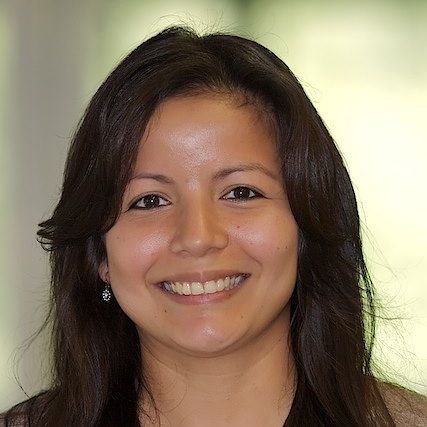
© Bimal Viswanath
Lisette Espín-Noboa
Complexity Science Hub Vienna

© Socialbond Project
Organizing Committee
Mark Wittek
Department of Network and Data Science
Central European University

© GESIS
Sebastian Stier
GESIS - Leibniz Institute for the Social Sciences
University of Mannheim
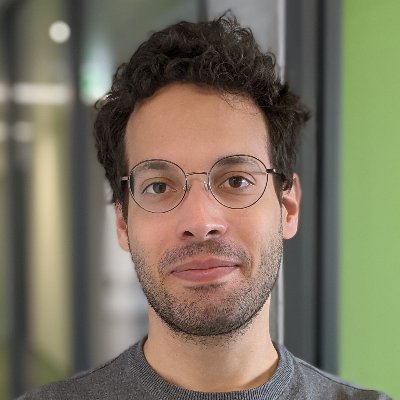
© privat
Dorian Tsolak
Intermediaries and Research
Landesanstalt für Medien NRW

© Farina Stock
Ruben Bach
Mannheim Centre for European Social Research (MZES)
University of Mannheim
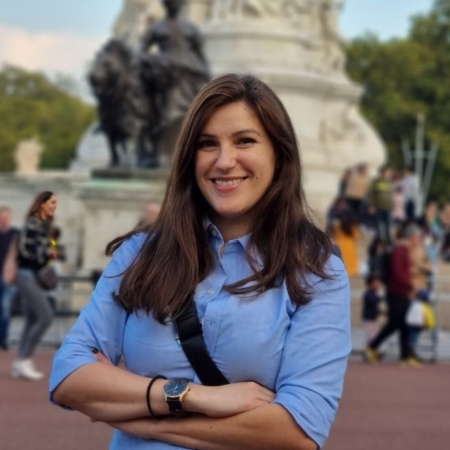
© privat
Nikolitsa Grigoropoulou
SOCIUM Research Center on Inequality and Social Policy
University of Bremen
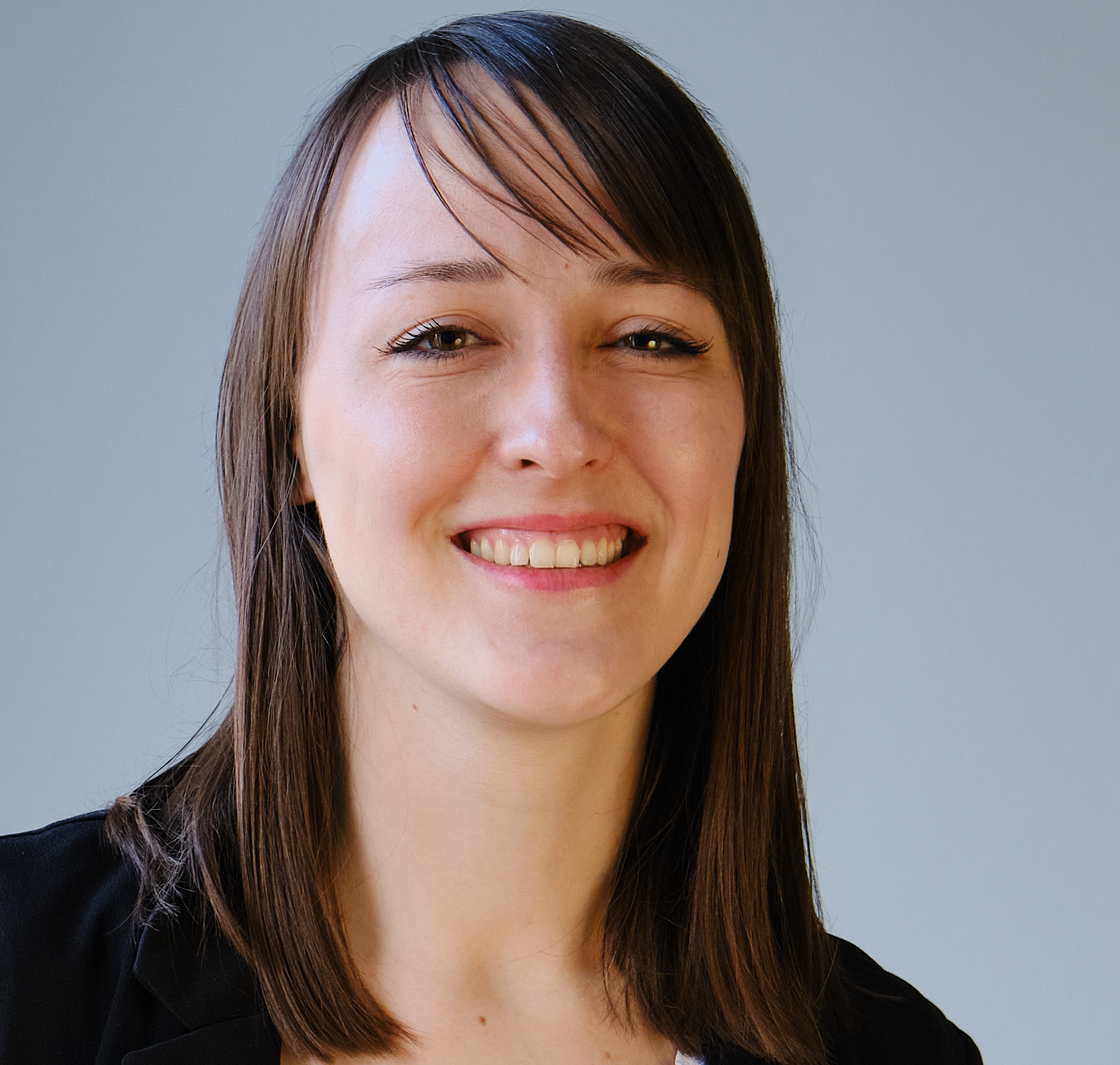
© privat
Valerie Hase
Department of Media and Communications
University of Klagenfurt

© privat
Simon Kühne
Faculty of Sociology
Bielefeld University
Andreas Blätte
Institute for Political Science
University of Duisburg-Essen
Contact
Reach out to the organizing team at: workshop@computational-social-science.org
Hosted by

Sponsors



